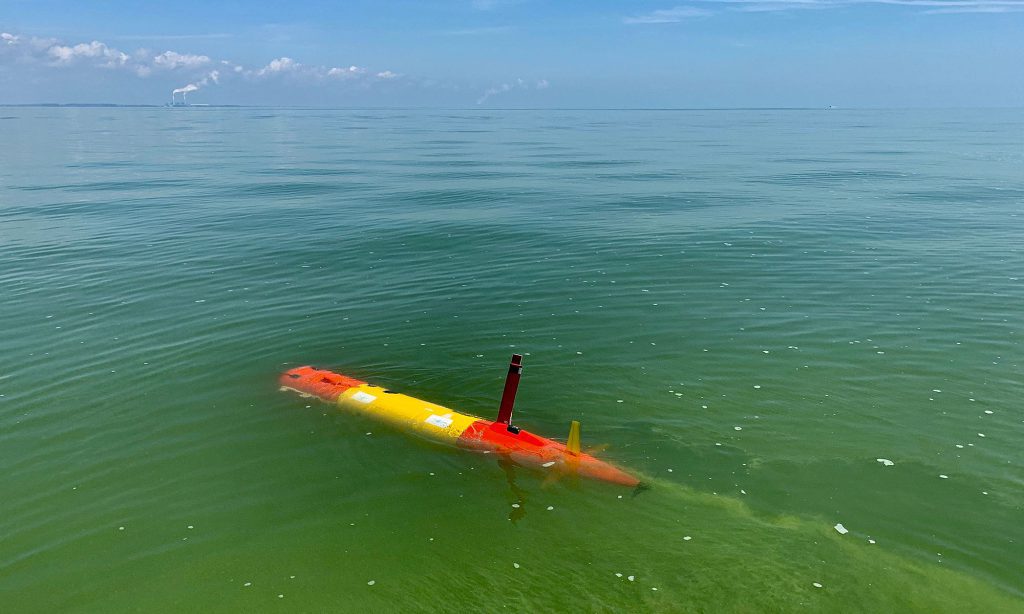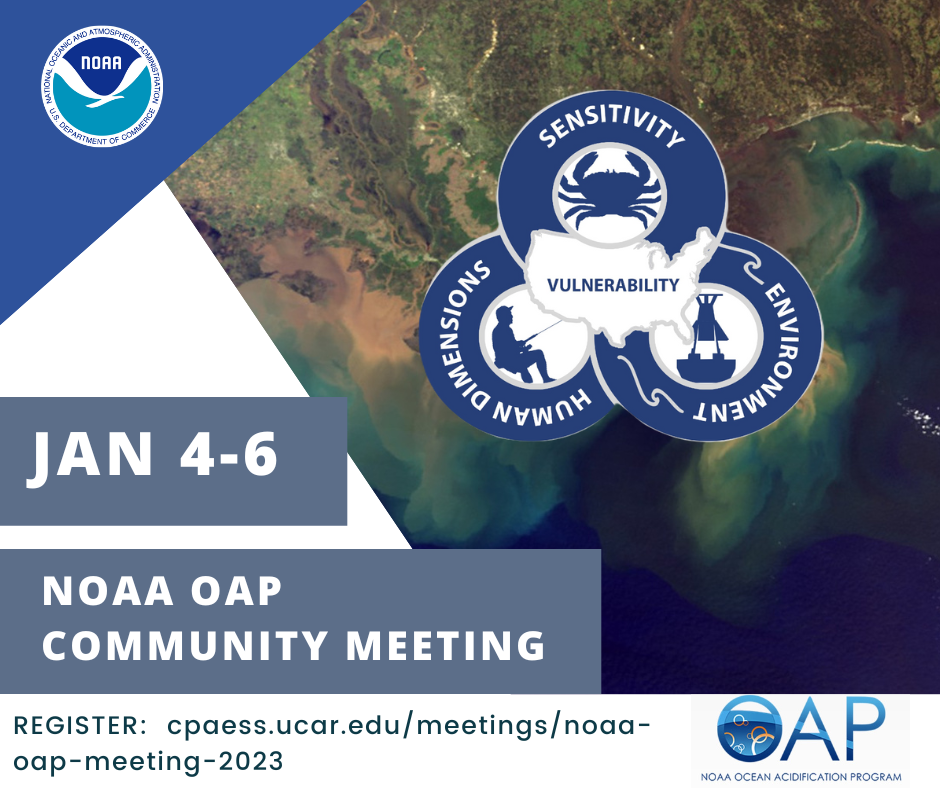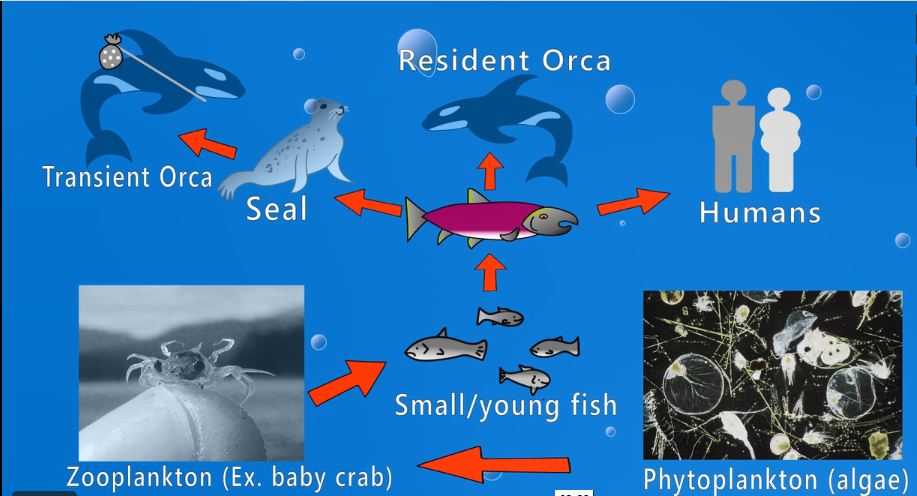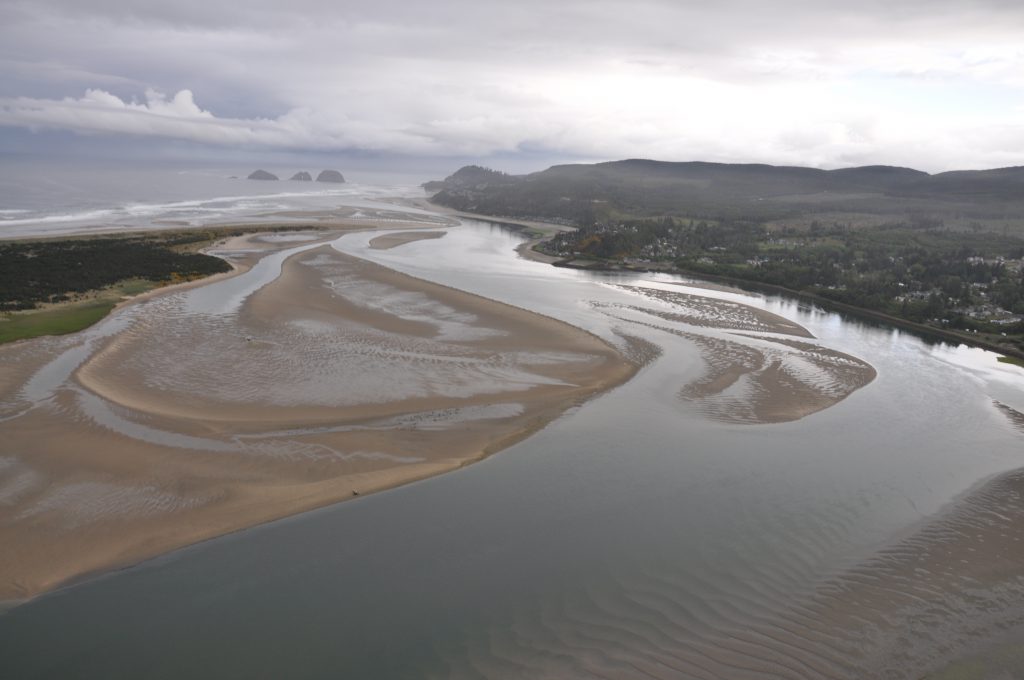Ocean Acidification Coastal Research: Uniting Investigations and Shipboard Experiments (OA CRUISE) Funding Opportunity
NOAA’s Ocean Acidification Program (OAP) is soliciting cruise project proposals to complement core observing activities on existing cruises as part of its upcoming coastal ocean acidification (OA) cruises targeting the US Coastal Large Marine Ecosystems. The proposed activities should provide for expanded OA observational and experimental capabilities of repeated oceanographic research cruises to better achieve the strategic aims of the program.






